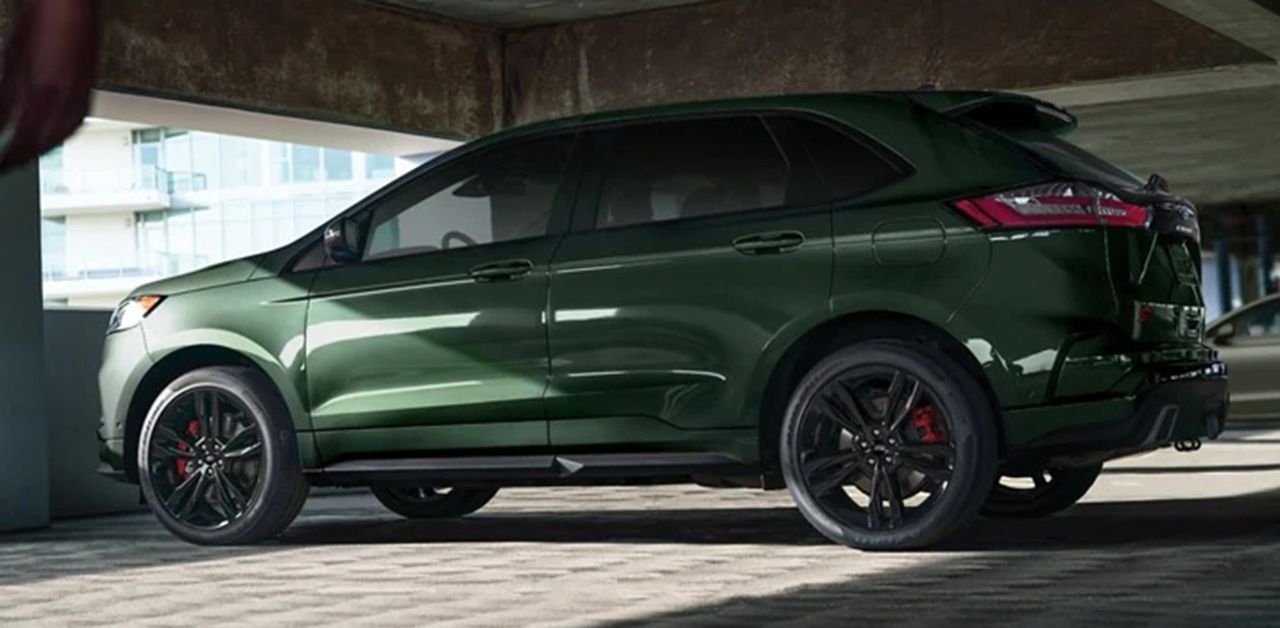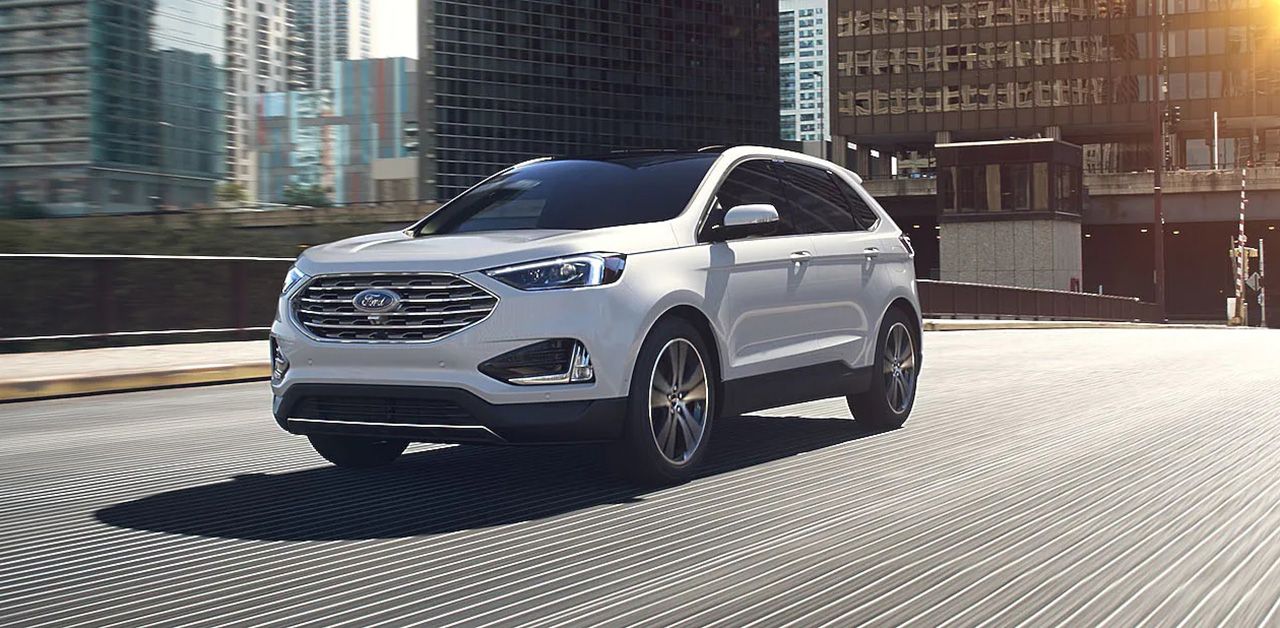Will Ford Continue to Make the Edge Sel
The electric vehicle segment is becoming a high-demand automotive sector now, with the debut of several EVs over the last few years, and more coming in the near future. Ford has big electrification plans for the future. So far, the brand has released great EVs, like the Mustang Mach-E and the F-150 Lightning. Like most brands, Ford is letting go of the conventional gas-powered vehicles and taking a more EV route. And from a "save the planet" standpoint, this is a great transition to take. Many will remember that the brand axed the Ford Flex, produced at the Oakville plant, along with the Lincoln MKT.
Sometime in 2020, Ford announced that it will end production of the Edge at the Oakville Assembly Complex in Canada, after signing agreements to introduce EVs from 2025 going forward. The new electrification plans led to the cancellation of the Ford Edge for the 2023 model year. Since the Ford Edge arrived on the scene, it's pretty much stolen the show. Now, the SUV is currently in its second generation and still sells very well. We expected a third-generation line-up of the Ford Edge to arrive in 2023, but it will never see the light of day.
The Ford Edge won't be coming back for a 2023 model year, and here's why.
Why Ford Canceled The Edge For 2023

Just why is Ford dismissing its reliable crossover? According to Ford Authority, the brand confirmed that 2023 really is the end of the Ford Edge production era in North America. While this hurts the crossover's dedicated fans, Ford has a very good reason for doing so. You see, the Ford Edge rolls out of the Oakville Assembly Complex in Canada, along with the SUVs' luxurious sibling, the Lincoln Nautilus. These two vehicles have been solely produced at the plant since their inception years ago.
About two years ago, Ford made plans with the Canadian union Unifor to introduce up to five new EVs starting from 2025. This signed agreement stated that the EVs would be available at the same Oakville plant. The canceling of the SUV was likely prompted by labor negotiations. It would be much more expensive to produce the Edge, the Lincoln Nautilus, and many EVs at the same plant. It would also be counterintuitive to its "electrification plans." So, the Ford Edge won't be around for the 2023 model year because the Oakville plant where it's produced will be converting into an EV-only factory. Unfortunately, this will also be the end of the line for the Lincoln Nautilus.
Ford will begin to retool the plant in 2024, in preparation for the production of the upcoming EVs. The new electric vehicles are set to start rolling out in 2025 and will sell for the same model year. But that doesn't mean the Edge is going completely. The Changan Ford Assembly Plant in Chongqing, China, continues to produce the Chinese Edge. It is the sole manufacturer of the compact crossover. So, it's not the end of the Ford Edge's line after all, but rather, the end of its line in North America. It's hard to tell if the Chinese Edge will sell in the United States market after the indigenous crossover reaches its time-out.
Ford Is Making 5 EVs From 2025

Almost every automaker has either already started electrifying their cars, or is planning to in the next couple of years. And like all of them, Ford knows that the transition from conventional gas-powered vehicles won't happen instantaneously. The transition will be slower and more systematic. That's why Ford will spend the entire year of 2024 to prep the Oakville Assembly Complex in Canada.
So far, Ford hasn't yet announced the details surrounding the upcoming EVs. However, on the five models, we think two or three of them will be compact crossovers. Especially since this is the hottest segment right now, and will be for many years to come. The upcoming electrified SUVs will likely be successors of the axed Ford Edge. It might also take its shape, luxury, and more. And we're also guessing Ford will produce an EV spin-off of the Bronco. This will pay homage to Ford's best off-road crossover. A bigger EV version of the navigator would also suffice, but it's tough to tell at this point.
By the time the Ford Edge's successor will roll out of the production line, Ford's newest EVs, the F-150 Lightning, and the Mach-E will be a couple of years old. The success of the upcoming EVs will depend on the momentum established by these EVs. So, Ford will likely spend a lot of time working on EV-related issues. These are issues such as technology, driving range, and potential battery problems. In time, customers will be more than willing to hop on board with Ford's EV transition.
Source: https://www.hotcars.com/real-reason-ford-cancelled-next-gen-2023-edge/
0 Response to "Will Ford Continue to Make the Edge Sel"
Post a Comment